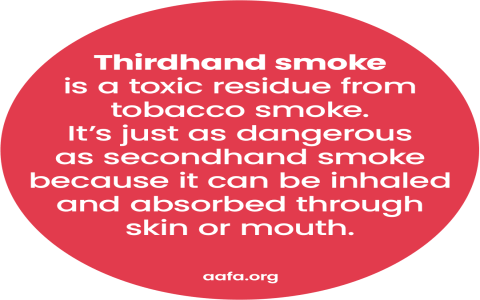Electronic cigarettes, or e-cigarettes, are not harmless and pose significant health risks. Their aerosol contains harmful and potentially harmful substances.
Adverse Health Effects
Regular use of e-cigarettes can lead to a variety of negative health outcomes affecting multiple body systems.

Nicotine Addiction and Brain Development
- Most e-cigarettes contain nicotine, which is highly addictive.
- Nicotine exposure during adolescence can harm brain development, which continues into the early to mid-20s. This can impact attention, learning, mood, and impulse control.
- It can prime the adolescent brain for addiction to other drugs.
Respiratory System Damage
- E-cigarette aerosol can irritate and damage the lungs.
- Users may experience chronic bronchitis, coughing, wheezing, and an exacerbation of asthma.
- Severe lung injury, such as E-cigarette or Vaping product use-Associated Lung Injury (EVALI), has been reported, sometimes leading to hospitalization or death.
- Ingredients like propylene glycol and vegetable glycerin, when heated, can produce irritants.
Cardiovascular Health Risks
- Nicotine raises blood pressure and heart rate, increasing the risk of heart attack and stroke over time.
- Some studies suggest that e-cigarette use is linked to an increased risk of cardiovascular disease.
- Aerosol components may contribute to endothelial dysfunction and oxidative stress, precursors to heart problems.
Exposure to Harmful Chemicals
The aerosol inhaled from e-cigarettes is not just water vapor. It can contain:
- Carcinogens: Chemicals known to cause cancer, such as formaldehyde and acetaldehyde, can be formed when e-liquid solvents are heated.
- Volatile Organic Compounds (VOCs): Some VOCs can cause eye, nose, and throat irritation, headaches, and nausea, and can damage the liver, kidney, and nervous system.
- Heavy Metals: Metals like nickel, tin, and lead have been found in e-cigarette aerosol, originating from the heating coil and other components.
- Ultrafine Particles: These can be inhaled deep into the lungs and may cause inflammation and contribute to respiratory and cardiovascular problems.
- Flavoring Chemicals: Some flavorings, like diacetyl, have been linked to serious lung disease (e.g., “popcorn lung”). Many flavorings have not been tested for safety when inhaled.
Other Significant Risks
- Pregnancy Complications: Nicotine exposure during pregnancy is harmful to the developing fetus and can lead to premature birth, low birth weight, and other developmental issues.
- Poisoning: Accidental ingestion of e-liquid, or absorption through the skin, can cause acute nicotine poisoning, particularly in children.
- Battery Explosions: Though rare, defective e-cigarette batteries have caused fires and explosions, resulting in serious injuries.
- Gateway to Smoking: For youth and young adults, e-cigarette use may increase the likelihood of starting to smoke conventional cigarettes.
In summary, while sometimes marketed as a safer alternative to traditional cigarettes, e-cigarettes carry substantial health risks and are not considered safe, especially for youth, young adults, pregnant women, and adults who do not currently use tobacco products.









